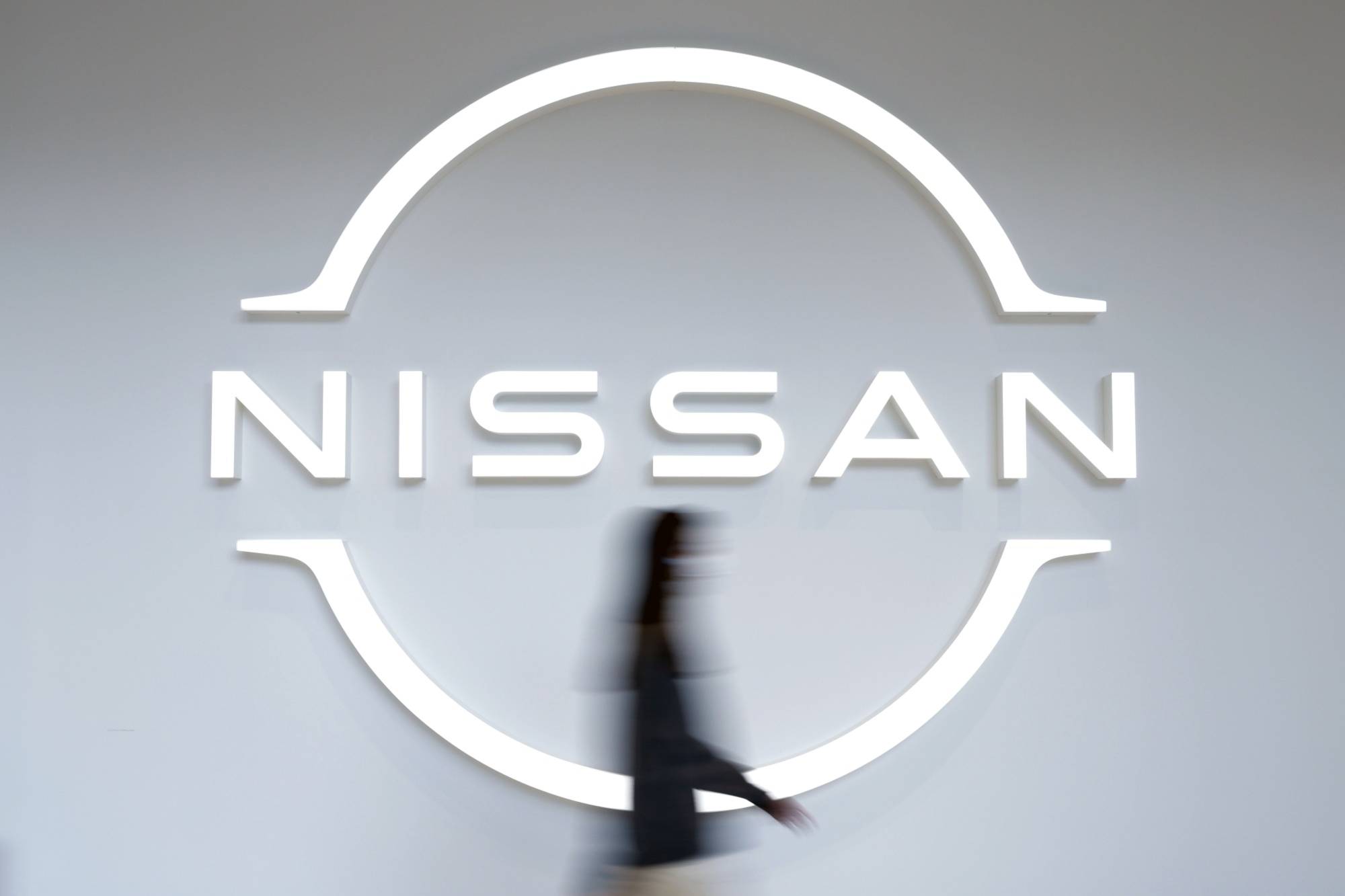Nissan Motor Co. is betting that its experience pioneering lithium-ion batteries for electric vehicles over a decade ago will give it an upper hand in producing a new battery type that, despite being new and still relatively unproven, is considered by some as key to unlocking the future potential of EVs.
Nissan is producing prototype solid-state battery cells — which replace the electrical current-conducting liquid found in conventional batteries with a solid substance — at a facility resembling a pop-up lab inside its research grounds near its Yokohama headquarters. The Japanese automaker plans to bring the new type of batteries to market by fiscal year 2028, readying a pilot plant for them ahead of that around 2024.
If they can be manufactured, solid-state batteries would unlock cheaper, safer and faster-charging EVs, according to automotive executives and battery experts. Using different material combinations, Nissan predicts it will eventually be able to produce a solid-state battery pack that costs $65 (¥8,063) per kilowatt-hour — a level at which analysts say EVs could reach price parity with gasoline-engine cars.


















With your current subscription plan you can comment on stories. However, before writing your first comment, please create a display name in the Profile section of your subscriber account page.